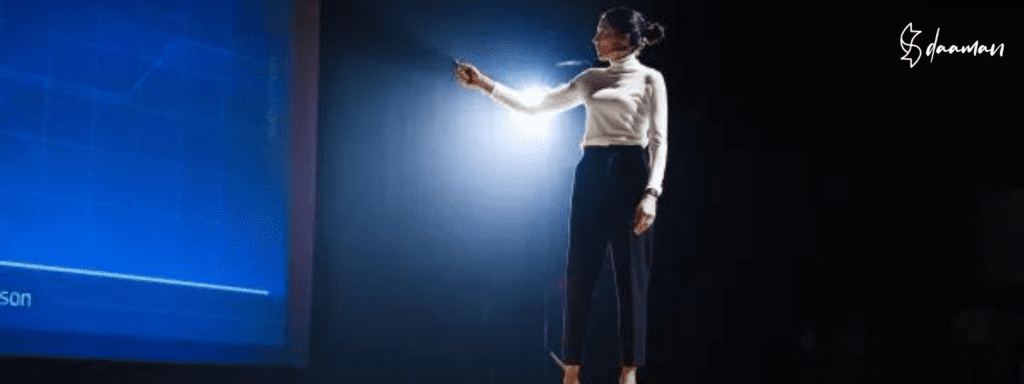Gen-Z in the Workplace: Balance, Boundaries and Blunt Authenticity
A noticeable cultural change is taking place as Generation Z joins the workforce, upending long-standing conventions and changing the dynamics of workplaces. Gen Z, or those born between the middle of the 1990s and the beginning of the 2010s, brings a special set of ideals and expectations to the workplace. This generation is making their mark by rejecting workplace exploitation, establishing boundaries, and embracing a culture of direct authenticity. They are distinguished by their tech-savvy and social consciousness. Rejection of Exploitation Culture Gen Z is distinguished from earlier generations by a strong distaste for workplace exploitation. Members of Generation Z are less likely to put up with unethical practices like unpaid internships, excessive hours without adequate pay, or work settings that put profits above the well-being of their employees because they are committed to fairness and have a strong understanding of their rights. This generation looks for companies that support a good work-life balance and share their values. Image Source: Freepik.com Setting Boundaries Workers in Generation Z are strong proponents of establishing boundaries in the workplace. They reject the idea that production should trump personal well-being because they deeply grasp the importance of mental health. This generation is keen to draw boundaries between work and personal life, stress the importance of taking time off, and demand fair working hours. The “always-on” society is being reshaped by Gen Z, who emphasise the value of leisure time for long-term productivity and general well-being. Embracing Blunt Authenticity Gen Z is renowned for its direct honesty in communication, which contrasts with the guarded communication approach of other generations. They appreciate openness and honesty in both personal and professional dealings, having grown up in a time of social media and quick communication. This honesty is reflected in the way Gen Z workers communicate at work, where they are more inclined to seek out constructive conflict resolution and voice their thoughts candidly. They promote an environment of constant growth by giving candid criticism precedence over flowery praise. Inclusive and Diverse Workplaces Organisations are being forced to review their policies and practices as Gen Z drives the desire for diverse and inclusive workplaces. This generation embraces diversity in ideas, opinions, and thoughts in addition to diversity in gender and ethnicity. Employers who do not prioritise inclusivity run the danger of alienating Generation Z workers, who actively seek out work cultures that promote diversity and provide a sense of community. Tech-Savvy and Entrepreneurial Spirit Because they grew up in the technological era, Gen Z employees are exceptionally tech-savvy. They contribute to the digital transformation of traditional work structures by being at ease using digital platforms, social media, and collaboration tools. Furthermore, a large number of Gen Zers aspire to be entrepreneurs and look for chances to innovate and create in their current positions. Businesses that support this culture of entrepreneurship are likely to draw and keep Gen Z talent. Image Source : Freepik.com Challenges for Employers Although Gen Z’s aspirations and ideals improve employment environments, companies must also overcome obstacles to adjust to this new cultural environment. Organisations hoping to draw in and keep Gen Z talent must take into account factors including meeting the need for diversity, giving genuine expression platforms, and striking a balance between structure and flexibility. Workplace culture has undergone a paradigm shift with the entry of Gen Z workers. Gen Z is altering the professional world with their choice for stark candour, their commitment to setting limits, and their reluctance to accept exploitation.
Gen-Z in the Workplace: Balance, Boundaries and Blunt Authenticity Read More »










